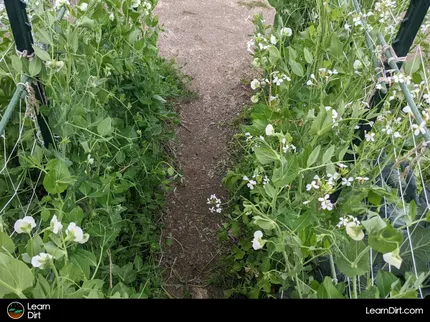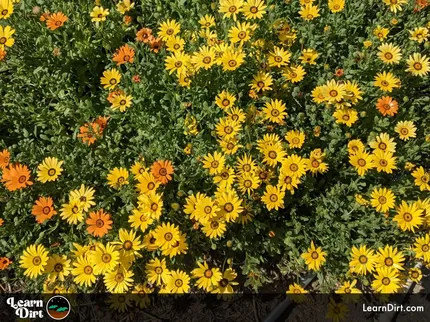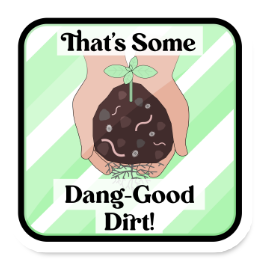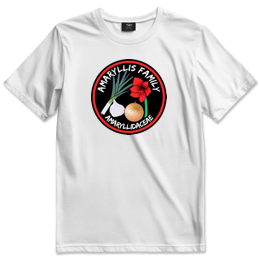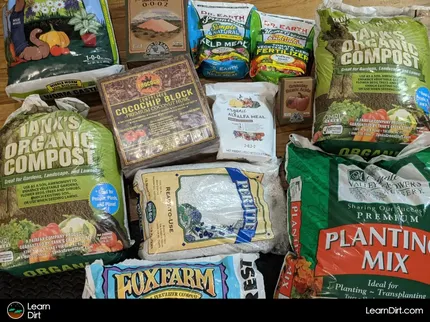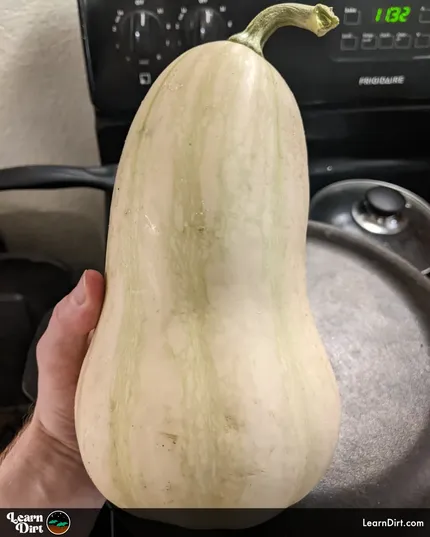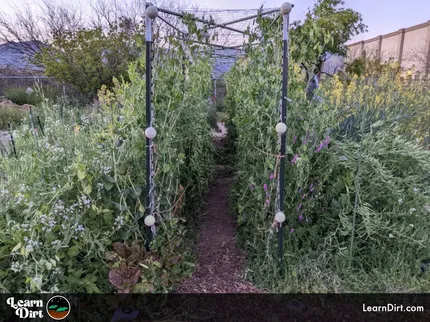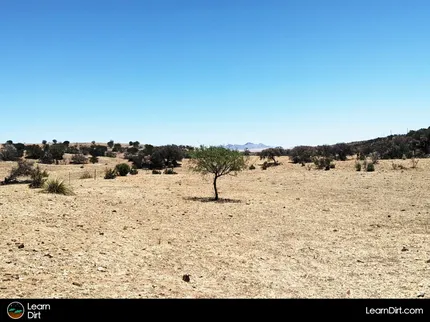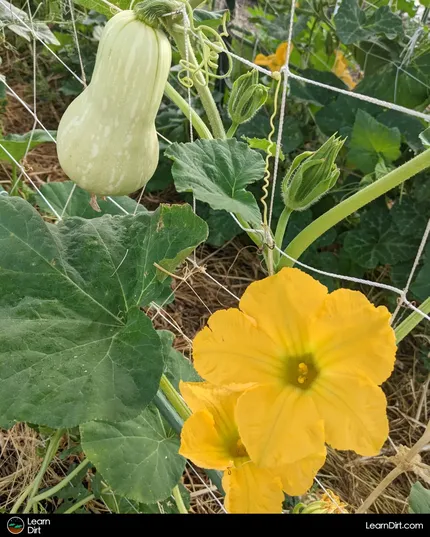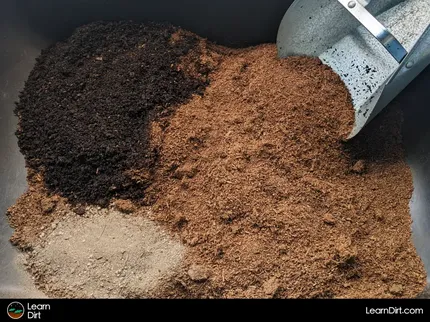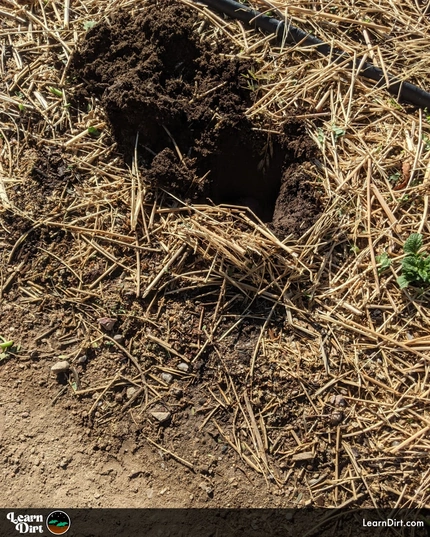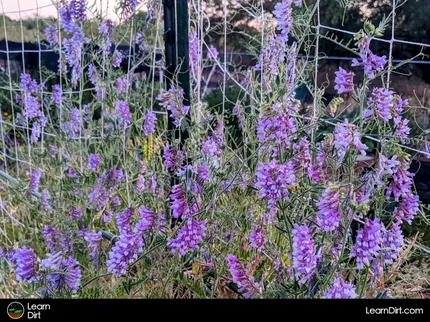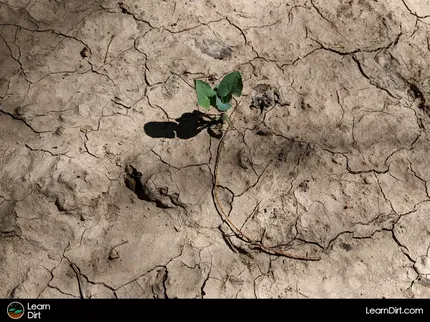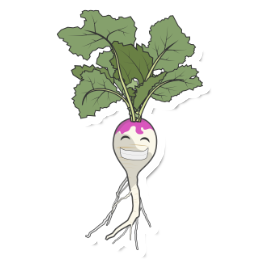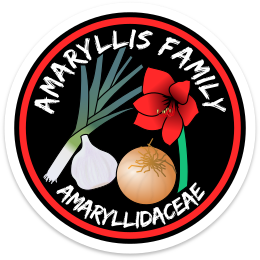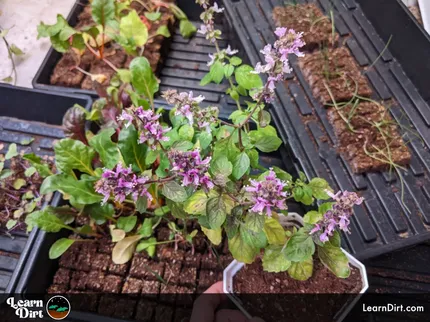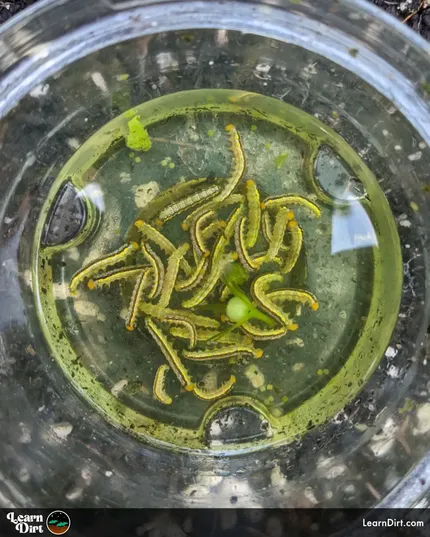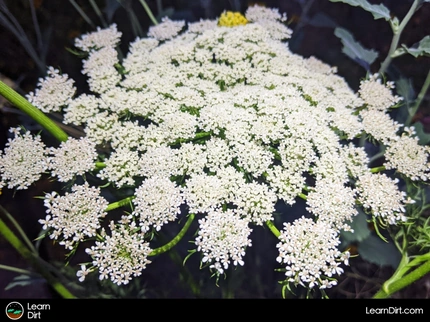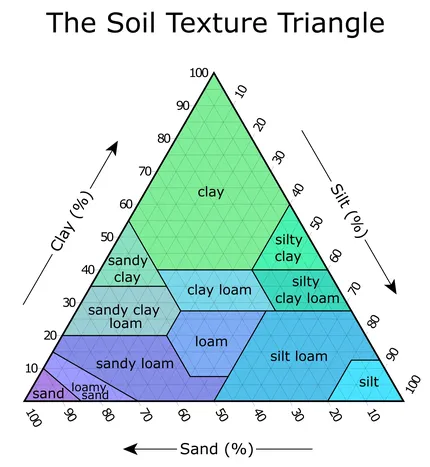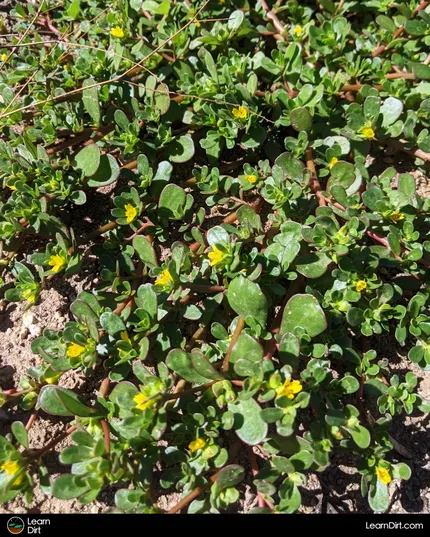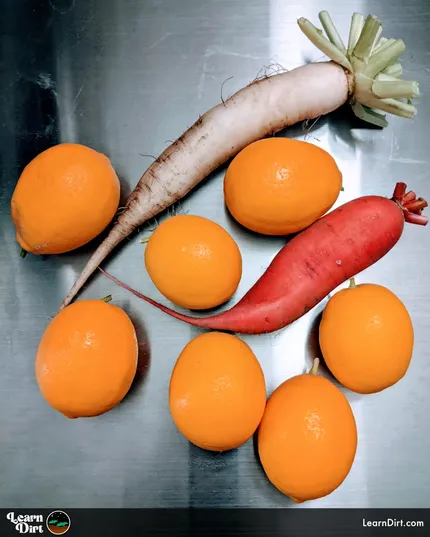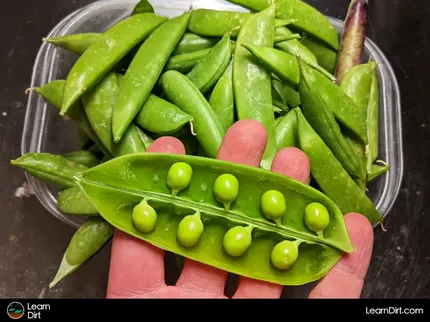Table of Contents
* Our articles never contain AI-generated slop *
Did you know that weeds are one of the best indicators you have in the garden?
That's right, weeds tell you just about everything you need to know about your environment, climate, soil structure, texture, pH, and soil health.
Think of weeds as in-situ soil tests that are readily advertising their results to those with a keen enough eye to notice. If you can learn to read the weeds, you'll be able to better understand your land, diagnose garden problems, and have incredible insight into what you might be able to grow where.
Disclaimer: This post may contain affiliate links. Refer to the privacy policy for more information.
What Can Weeds Tell You?
Microclimate
Growing in a garden is in some ways very much not like growing in an open field.
Gardens often have trees, shrubs, walls, fences, arbors, vines, yard features, decorations, etc.
Native plants may be grown in close proximity to non-natives. Perennials and annuals often exist in the same garden.
Different irrigation zones may distribute water very differently across the garden for different plant species.
Because of all this variation in shade level, canopy, water, soil pH, nutrient requirements, etc. the garden fragments into numerous smaller microclimates - each with it's own unique conditions.
Nowhere is this more true than in deserts, where extremely low humidity levels stratify the air into numerous layers with pockets of cold and hot.
Join The Grower's Community
Find your people.
Your voice matters here.
🌱
Check It Out!
If you've got a garden, it will be important to understand the various microclimates that exist within it. Weeds are your guide to understanding.
By knowing which weeds thrive in which conditions, you can visually assess your garden and all its microclimates - making distinctions between the areas where certain weeds grow better than others.
If you understand what veggies, herbs, or grains have similar requirements to specific weeds, then the presence of those weeds will guide you to knowing what to plant in which microclimate within your garden.
Moisture Levels
The more you learn about your local weeds, the more understanding you'll have of the conditions in which they thrive.
In dry climates, knowing which weeds have higher moisture needs than others will point you towards wetter areas of your land that you might consider utilizing.
In wet climates, understanding which weeds prefer better drainage may show you the places where you can grow plants that don't love staying wet.
If you know that your cultivated chili peppers will always do well anywhere that husk cherries grow wild, you can follow the weeds to the places where peppers will thrive!
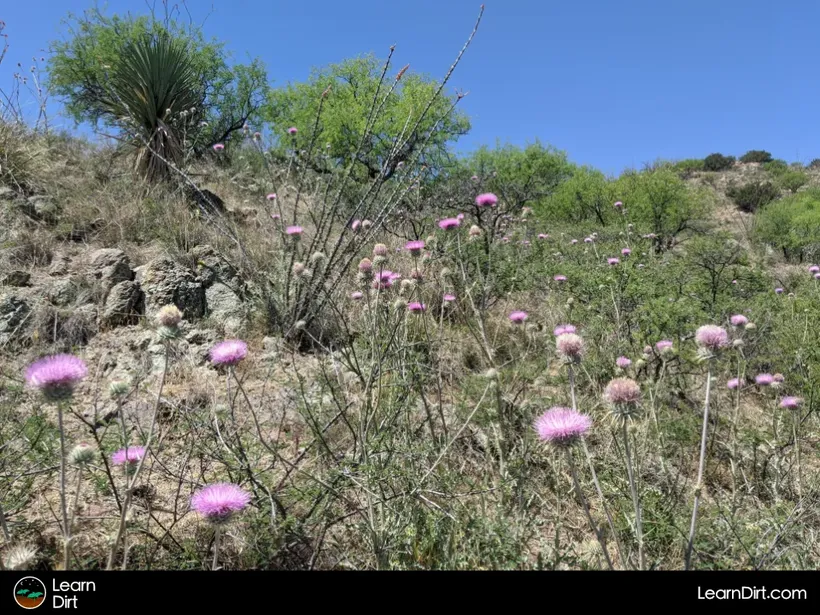
Soil pH
Most plants only tolerate a limited soil pH range, which can vary from plant to plant.
By knowing what weeds might show up if soil pH is more alkaline or more acidic can help guide you in understanding the soils across your land.
Plantain (Plantago spp.) is a great example of this, often establishing where soils are a bit more acidic than what typical garden veggies prefer. If you find plantain growing in your garden, you might consider raising the pH with some garden lime.
Another great option is to lean into it, by planting acid-loving crops like blueberries in spots where plantains let you know that the soil is acidic.
Remember that proper soil tests are always preferred, though weeds can give you a general idea of soil conditions and trigger deeper investigation. soil pH tests are easily done at home in distilled water with an inexpensive pH meter.
Soil Structure
Some weeds are specially adapted to grow in adverse soil structures, such as heavy compaction.
Dandelions have a strong taproot which helps them establish in compacted soils. Not only are they an indicator of possible compaction, they are also a solution - drilling down and creating channels for water to infiltrate!
If dandelions are present, they may be alerting you to soil compaction. This is a great clue that you may need to broad fork the soil, practice soil-building techniques along with chop + drop, and / or plant specific cover crops for remediating compaction.
Soil Health
That's all for now, thanks for reading!
If you have any questions, comments, or would like to connect with fellow gardeners, head on over to the forum and post there.

